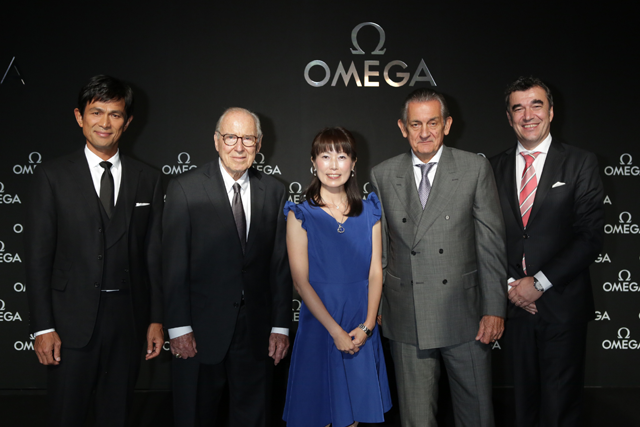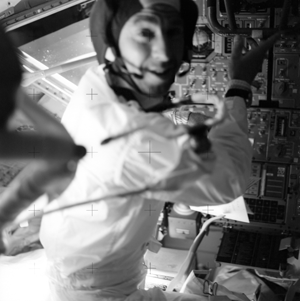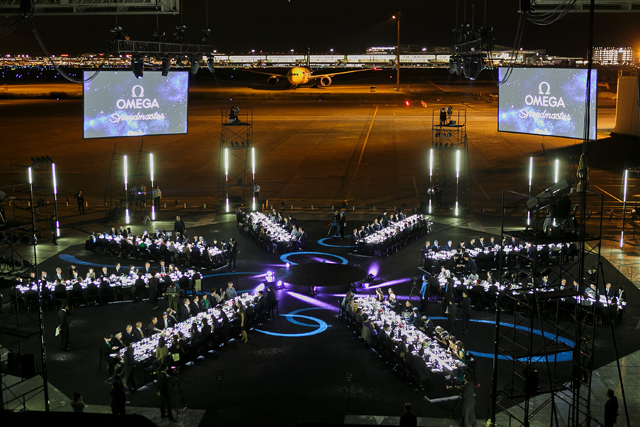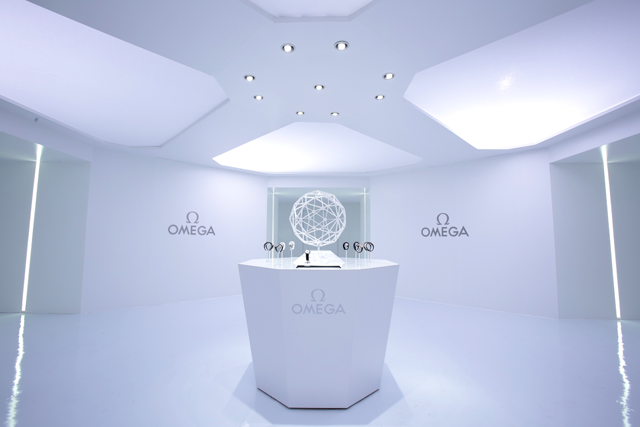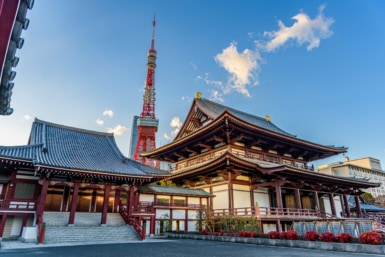Commander of the Apollo 13 mission James Lovell talks about grace under pressure, seeing Earth from afar, and the need for mankind to keep its eyes on the stars.
The iconic line – “Houston, we’ve had a problem” – hardly reflects the gravity of the situation in which the crew of Apollo 13 found themselves. Some 200,000 miles away from Earth, en route to a planned Moon landing, a burst oxygen tank on the spacecraft left the ship with drastically reduced electrical power, heat, and water.
However, the understatement of the line (which is perhaps known better in the celebrated film “Apollo 13” as “Houston, we have a problem”) does reflect the cool-headedness that James Lovell, Jack Swigert, and Fred Haise needed to maintain in order to improvise under pressure and find a way to get themselves back to Earth safely. And, as Mission Commander Lovell explained, it wouldn’t have done them any good to have overreacted anyway: “If we panicked, we’d have bounced off the walls for ten minutes, and we’d be back at the same place.”
Not that this was any “place” you’d want to be. As Lovell—who was in Tokyo on a recent visit – explains to Weekender, the lowest moment came before they understood exactly what had happened: “At the time of the explosion, before we realized what the real problem was and what we had onboard to change that problem into a success … I would say that we had figured the chances of survival at about 10 percent.”
But as he recalls, once the crew understood what needed to be done – a difficult set of maneuvers that would swing the craft back towards Earth using the Moon’s gravitational pull – negative thoughts simply weren’t an option: “Really, we had no alternative: there was no way to open the hatch and just walk away from it. You just kept going the best you could, and I found that the three of us working together did a very good job. We never thought about the bad things; we always had a positive attitude.”
In order to make the return journey, a series of controlled engine burns were required to bring Apollo 13 into a trajectory that would bring them safely home. During the final burn that would guide the ship into reentry, the crew was required to use a watch: power constraints meant that they couldn’t use the craft’s onboard digital timers. The watch they used was an Omega Speedmaster that was on Swigert’s wrist. The company had been supplying watches to the Apollo missions for a few years, but there was no expecting that the timepieces would be put to such a rigorous test.
The 14 seconds that the watch ticked off were crucial for bringing the craft home: “If we were not in this little 2-degree corridor—if we were below it, we would skip out, like skipping a stone on water: and we’re gone. If we came in too steep, the sudden deceleration would have burned us up much like a meteor. And we’d be lost.”
Apollo 13 made a safe splashdown in the South Pacific Ocean on April 17, 1970, nearly six days after it launched. The mission was dubbed “a successful failure” – a failure because the mission didn’t make it to the Moon, and successful because the crew made it back alive – by Commander Lovell, while the rest of the world just recognized the team as heroes. For their role in the mission, Omega was recognized by NASA with a “Silver Snoopy” Award on October 5, 1970. Named in honor of the beloved “Peanuts” character, the accolade is presented to individuals and companies who have made major contributions to safety in space.
Of course, despite the fearsome experience that marked Lovell’s final space flight, he describes his experience from an earlier mission in terms that combine reverence with a sense of scientific wonder. “On Apollo 8, one of the most significant sights that we saw was not the Moon, but the Earth, from 240,000 miles away … With just my thumb, I could completely hide the Earth. Everything that I’ve ever known – all my loved ones, all the problems going on with various countries. I could hide the United States, I could hide Japan. I realize at that time, looking at the Earth and then seeing the surrounding environment – the Moon, the Sun, and here’s the little Earth going around the Sun. And our Solar System is merely part of a much larger galaxy, and just on the outer edge of that galaxy! So, I thought to myself how small we are. And then, from that 240,000-mile distance, I realized how lucky we are, and how very significant it is that we have the Sun to provide energy, and water. We have an atmosphere, and life here: the only life that we know of in the Solar System. And of course, I was grateful, and also hopeful that I could make it back home.”
While the perspective Lovell gained from beyond Earth’s orbit gave him a deeper sense of the oneness of Earth’s people, the astronauts themselves might not have gotten there if it hadn’t been for a sense of competition between the U.S. and what was then the USSR. “At the time that President Kennedy made the announcement to go to the Moon, we were second best … We had just put Alan Shepard into a suborbital, 15-minute flight. So it was a very bold move on the president’s part to think that we could do it in the time frame he gave us. But we did it.”
Forty-five years after the journey, Lovell still hopes that the current generation space program rekindles some of that drive. “We should go back to the Moon, and we should have that become commonplace, so that we have the infrastructure to explore the Moon that will finally allow us to eventually to go to Mars, if we get more and more comfortable with lunar flights, we can expand that technology into going to Mars.
“The biggest challenge now is getting the governments to stand behind those programs and finding the funds to do it – whether it’s the United States, or Russia, or China, or Japan. If you don’t have the funding and the will to think that project is worthwhile, and to develop the technology that can then spin off into the private sector and create a work force that can keep it going, [a manned Mars mission] will never happen.”
Although today’s technology stands far away from what NASA had access to in 1970, private companies with extraorbital ambitions may not have the “right stuff,” as Omega President Stephen Urquhart, who had joined Lovell for the event in Tokyo, warns: “The Apollo program was done for mankind to go into new areas where he had never been; there was really no financial aspect behind it. The companies trying to go into the commercial space primarily for financial reasons may not have the same drive. I don’t think that going to Mars can ever be seen as just a financial challenge. It has to be something much more meaningful for mankind and for humanity.”
Main image: Actor Yosuke Eguchi, Apollo 13 Commander James Lovell, astronaut Naoko Yamazaki, OMEGA President Stephen Urquhart, and Swatch Group Japan President Christoph Savioz at an evening gala celebrating the 45th anniversary of Omega’s Silver Snoopy Award
Sponsored Post
Updated On July 18, 2017

